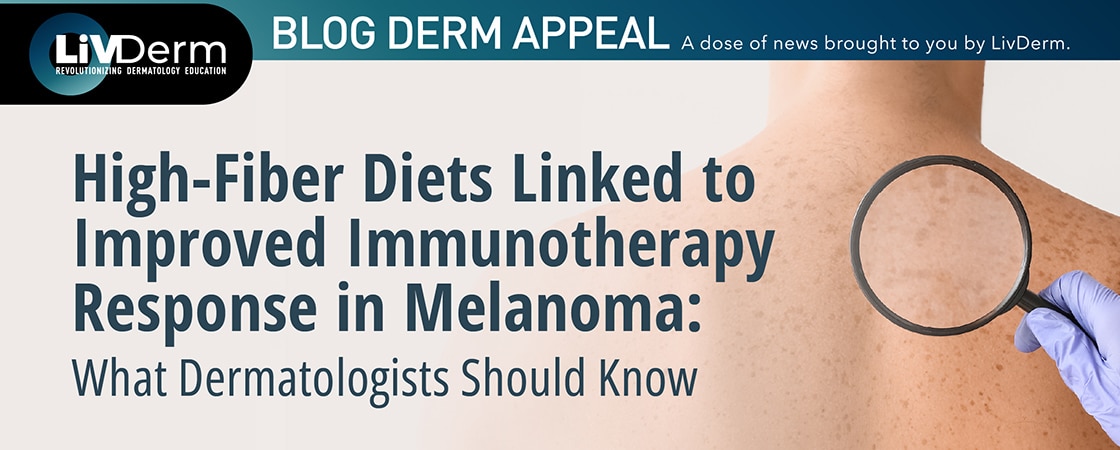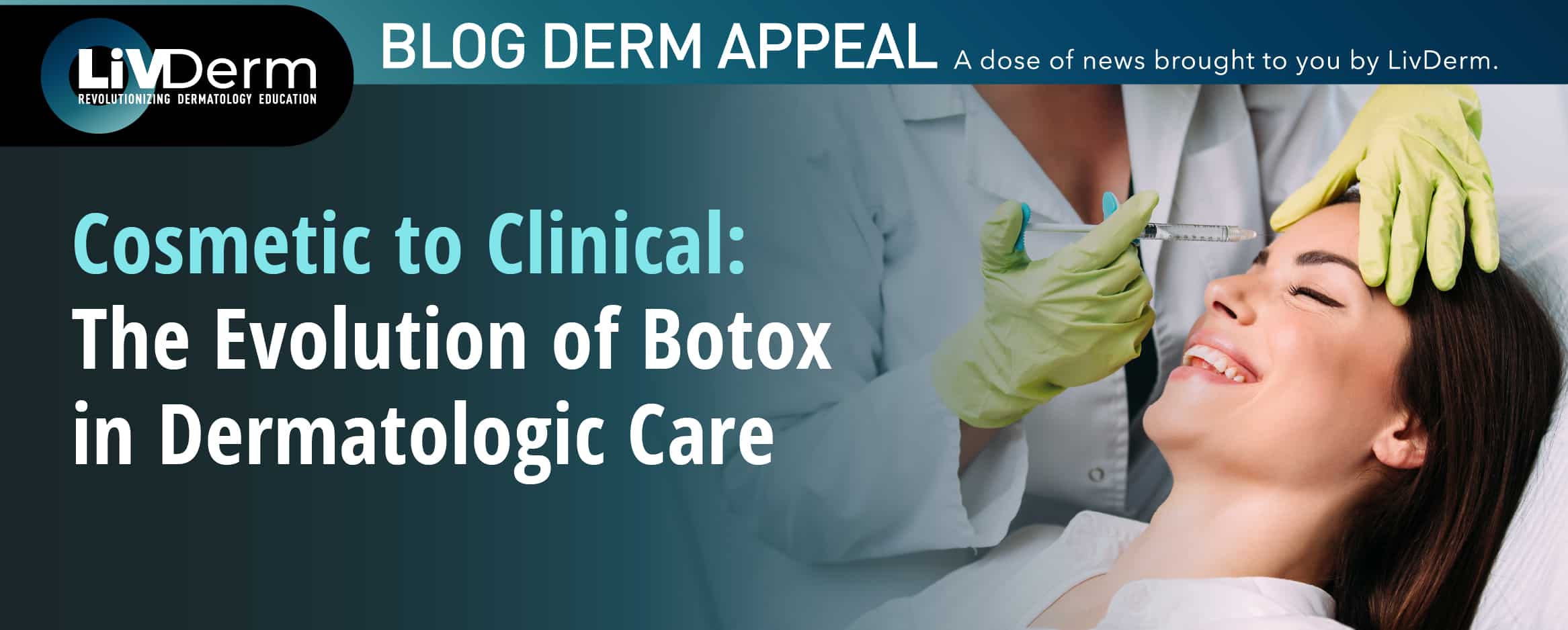As the role of lifestyle factors in cancer outcomes continues to gain attention, a new study presented at the 2025 American Society of Clinical Oncology (ASCO) Annual Meeting has spotlighted the link between dietary fiber and immunotherapy efficacy in patients with melanoma. Researchers found that patients with a high-fiber diet responded more favorably to immune checkpoint inhibitors, suggesting that nutrition may serve as a powerful, adjunctive lever in oncology care.
Nutrition and the Microbiome in Melanoma Therapy
The study found that patients who consumed at least 20 grams of fiber per day had a 77% response rate to immunotherapy, compared to just 29% in those who consumed less. Researchers believe this benefit may stem from fiber’s influence on the gut microbiota, which plays a key role in regulating immune function. The healthier and more diverse the gut microbiome, the better equipped the body may be to respond to immunotherapy.
This research adds to growing evidence that the gut–skin axis is a critical consideration in managing patients with advanced melanoma. By advising patients on nutritional strategies, dermatologists can help reinforce systemic resilience and potentially optimize therapeutic outcomes.
The Role of Dermatologists in Patient Counseling
Dermatologists are increasingly stepping into roles that extend beyond procedural and pharmacological care. As key players in the longitudinal care of patients with melanoma, they have an opportunity—and arguably a responsibility—to guide patients in making science-informed lifestyle changes that could improve outcomes.
Jennifer L. McQuade, MD, MS, MA, LAc, a medical oncologist at the University of Texas MD Anderson Cancer Center and the study’s lead investigator, emphasized the simplicity of the message: “It’s not a magic diet or a trendy diet. It is essentially saying eat vegetables and fruit and whole grains and cut out processed food.” Her statement reinforces that dietary guidance doesn’t need to be complex or restrictive to be effective.
This message can be easily integrated into clinical encounters. Dermatologists should consider asking basic questions about a patient’s diet, discussing the potential benefits of fiber-rich whole foods, and directing them to reputable resources or nutrition professionals when appropriate.
Caution Around Probiotic Use
Interestingly, the study also found that patients who took over-the-counter probiotic supplements had reduced response rates to immunotherapy. This counterintuitive result raises questions about the blanket use of probiotics in cancer patients and underscores the importance of evidence-based approaches when recommending microbiome-supportive interventions.
For dermatologists, this finding is a reminder to remain cautious when discussing supplements with patients. Encouraging patients to prioritize naturally fiber-rich foods over commercial probiotics may not only be safer but more effective in supporting gut and immune health during cancer therapy.
Moving Toward Whole-Person Care
These findings carry clear implications for dermatology professionals invested in a comprehensive model of melanoma care. Collaborating with dietitians, integrating simple dietary assessments into the intake process, and offering brief education on high-fiber eating patterns can all contribute to a more proactive, patient-centered approach.
Whole-person care in dermatology is evolving. As immunotherapies continue to transform the landscape of melanoma treatment, supporting patients’ metabolic and immune environments through nutrition may soon become standard practice.
Sources:

















